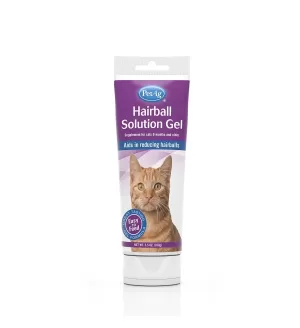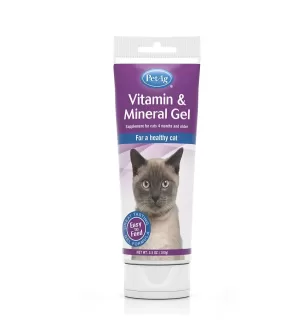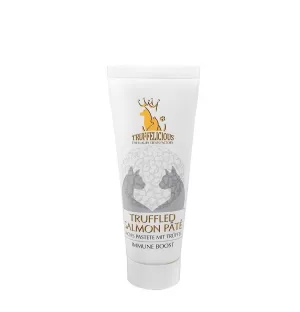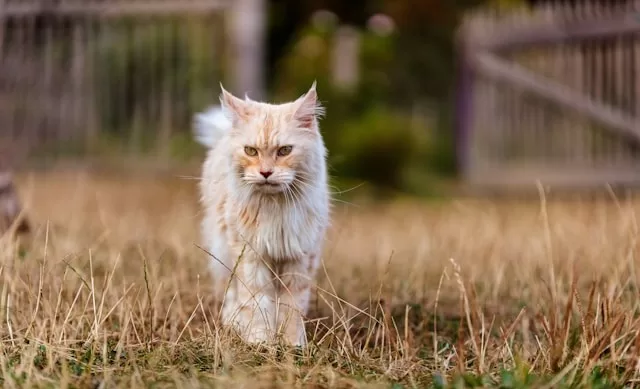We all want our feline friends to live happy and healthy lives. One way to support their well-being is by providing them with the right vitamins and supplements. Just like humans, cats can benefit from these additional nutrients to stay in tip-top shape.
In this, we’ll explore the basics of cat vitamins and supplements, helping you understand when they’re necessary and how to choose the right ones for your furry companion.
Why Do Cats Need Vitamins and Supplements?
Cats, like any living creatures, require essential nutrients to thrive. These nutrients can usually be obtained through a well-balanced diet. However, there are situations where cats might need extra support:
- Dietary Imbalances: If your cat’s diet lacks certain nutrients due to picky eating or specific dietary restrictions, supplements can fill the gaps.
- Age-Related Needs: Kittens, senior cats, and pregnant or nursing cats may require extra vitamins and minerals to support their growth and health.
- Health Issues: Cats with certain medical conditions, like kidney disease or allergies, might benefit from specialized supplements recommended by a veterinarian.
- Stress or Trauma: Cats under stress or recovering from injuries may need supplements to support their immune system and overall well-being.
-
 petag Hairball Solution Gel for Cats 100 grAED 40.00
petag Hairball Solution Gel for Cats 100 grAED 40.00 -
 petag Vitamin & Mineral Gel for Cats 100 grAED 35.00
petag Vitamin & Mineral Gel for Cats 100 grAED 35.00 -
 TRUFFLED immune boost SALMON PATE cat 75gAED 30.00
TRUFFLED immune boost SALMON PATE cat 75gAED 30.00
Common Vitamins and Supplements for Cats
- Vitamin A: Essential for good vision, a healthy coat, and immune system support.
- Vitamin D: Helps in calcium absorption, important for strong bones.
- Vitamin E: Acts as an antioxidant, protecting cells from damage.
- Omega-3 Fatty Acids: Promotes a shiny coat, healthy skin, and can reduce inflammation.
- Probiotics: Supports a healthy gut and digestion.
- Glucosamine and Chondroitin: Helps maintain joint health, crucial for older cats or those with arthritis.
- Taurine: An amino acid necessary for heart and eye health in cats.
Choosing the Right Supplements
When considering supplements for your cat, it’s essential to consult with your veterinarian first. They can help identify any specific needs your cat may have and recommend the right supplements and dosages. Here are some tips:
- Quality Matters: Look for supplements from reputable brands to ensure they contain the stated ingredients in the correct amounts.
- Avoid Overdosing: Giving your cat too many vitamins or minerals can be harmful. Always follow your veterinarian’s advice and dosing instructions.
- Consider Form and Flavor: Some cats are picky eaters. If your cat won’t take supplements in pill form, consider liquid or powdered options that can be mixed with their food.
- Monitor Your Cat: Keep an eye on your cat’s behavior and overall health while using supplements. If you notice any adverse effects, consult your veterinarian immediately.
Overall
Cat vitamins and supplements can be a valuable addition to your cat’s diet, especially when tailored to their specific needs.
Always consult your veterinarian before starting any supplementation regimen, and be sure to choose high-quality products. With the right approach, you can help your furry friend live a long, healthy, and happy life.







